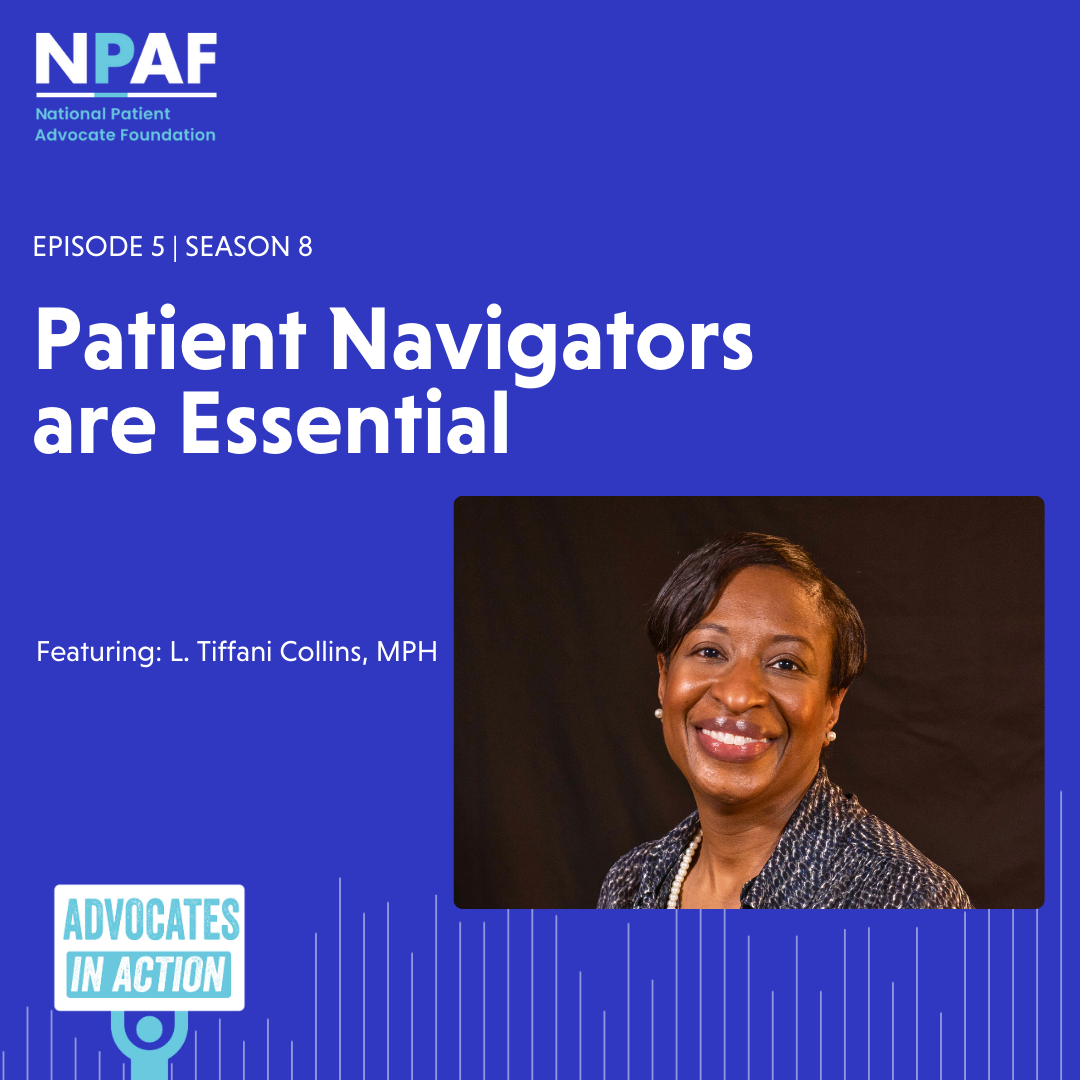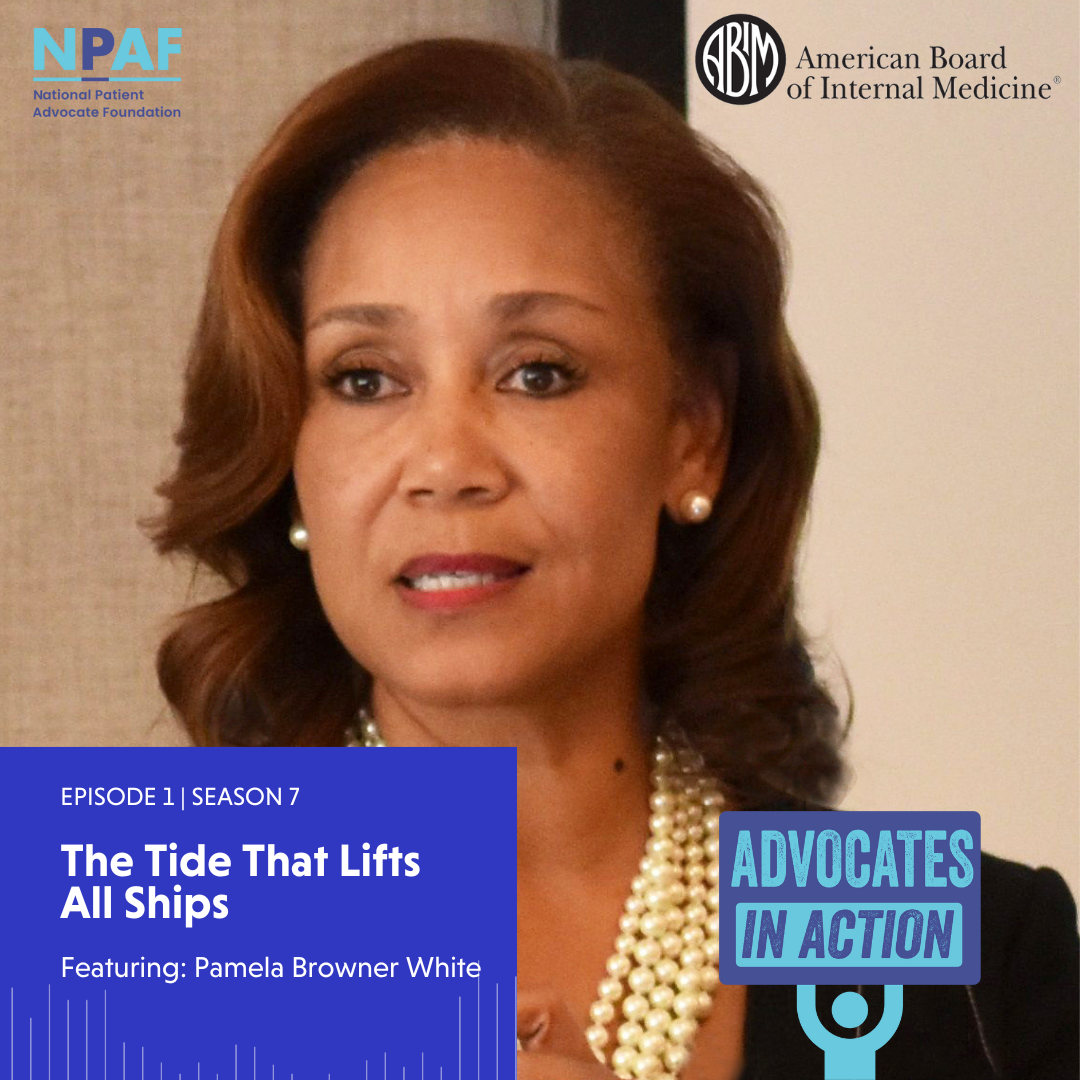Walt Whitman once said, "I am large, I contain multitudes," and this quote beautifully reflects the complexity and diversity of our identities. But does our healthcare system truly embrace and celebrate this diversity? Dr. Erica Concors takes us on a journey of community organizing and advocacy to create welcoming medical spaces where the LGBTQ+ community, especially transgender and non-binary individuals, can receive the quality, equitable care they deserve.
In this enlightening conversation, Dr. Concors shares how safe, inclusive spaces are crucial in ensuring that healthcare providers honor each patient’s unique needs, rooted in their identities, bodies, and life circumstances. When healthcare is personalized and inclusive, it paves the way for everyone—regardless of gender identity—to be their healthiest selves.
Tune in to hear how Dr. Concors is transforming the medical landscape to ensure that all people are seen, heard, and treated with respect, and why that’s key to building a healthier, more inclusive world.
This season is brought to you in collaboration with American Board of Internal Medicine (ABIM). This compliments the ABIM Foundation's Building Trust Initiative. We will highlight different stories and context that illustrate racial, ethnic, and gender health disparities. Our goal is to provide this historical context, show how it is connected to inequities that still happen, and share how changemakers are taking action to ensure that history doesn't continue to repeat itself.
Resources for this Episode Include:
Emergency Residents' Association (EMRA)’s Diversity & Inclusion Committee Webinar - LGBTQ Health: 101 for the EM Provider: https://vimeo.com/783395419

The Power of Patient Navigators: A Lifeline on Your Healthcare Journey A medical diagnosis can be life-altering, thrusting you into a whirlwind of information,...

Welcome to Advocates in Action, a podcast created by the National Patient Advocate Foundation, a non-profit that develops initiatives promoting equitable access to affordable...

Generations of Advocacy: A Conversation on Healthcare, History, and Healing In this powerful seventh season, host Ashley D. Freeman sits down for an intimate,...